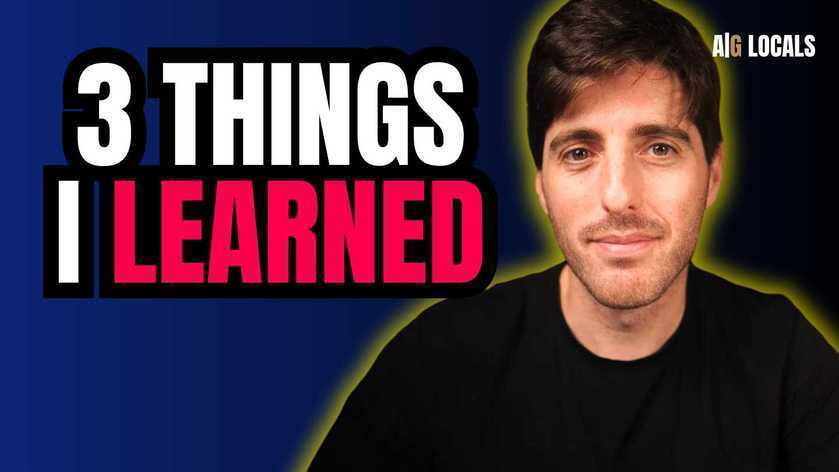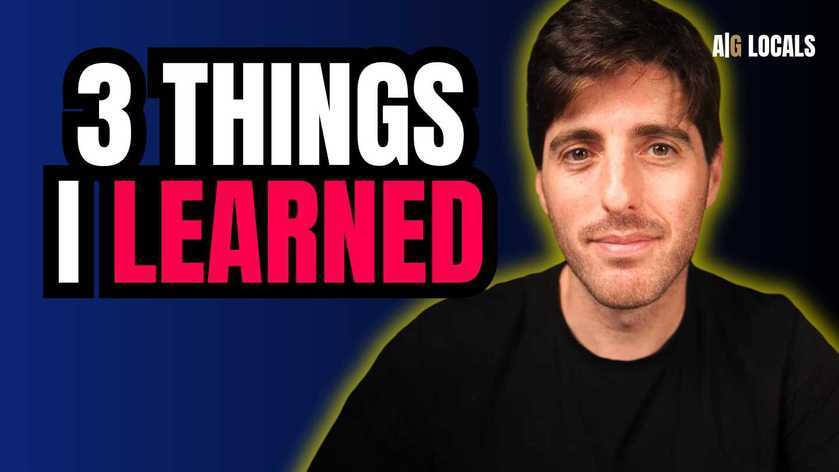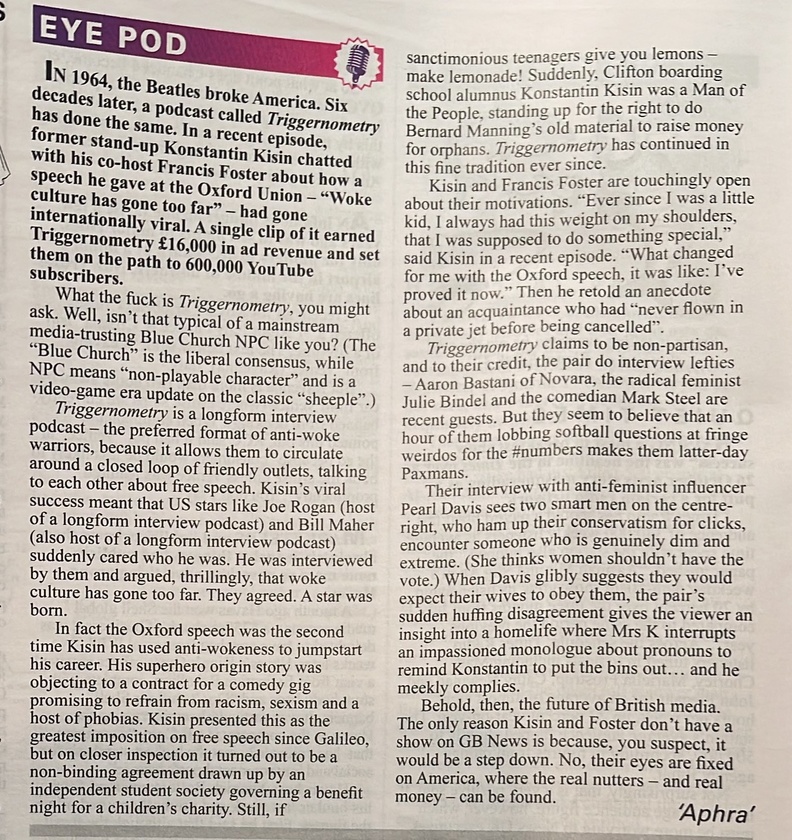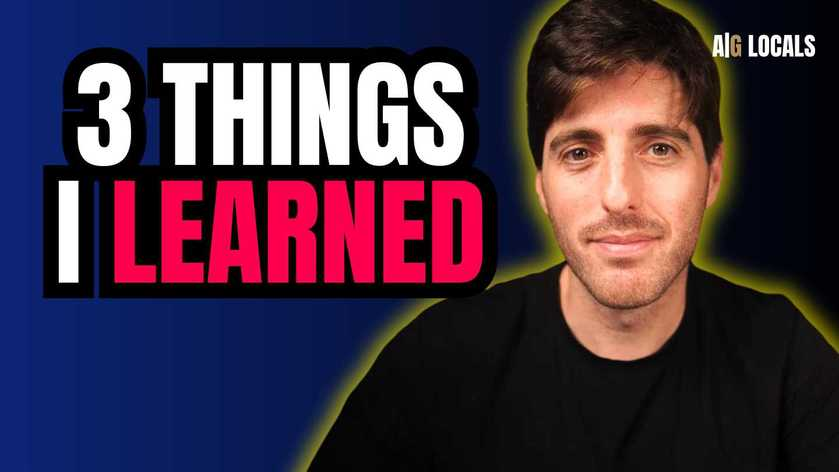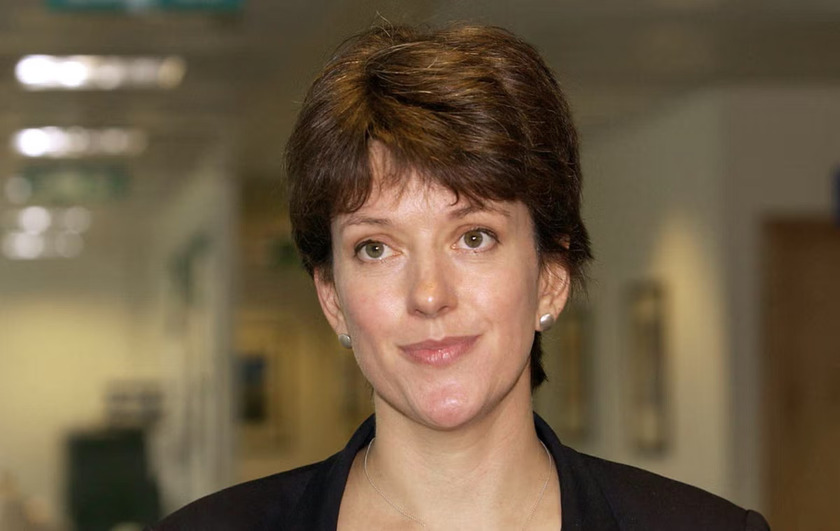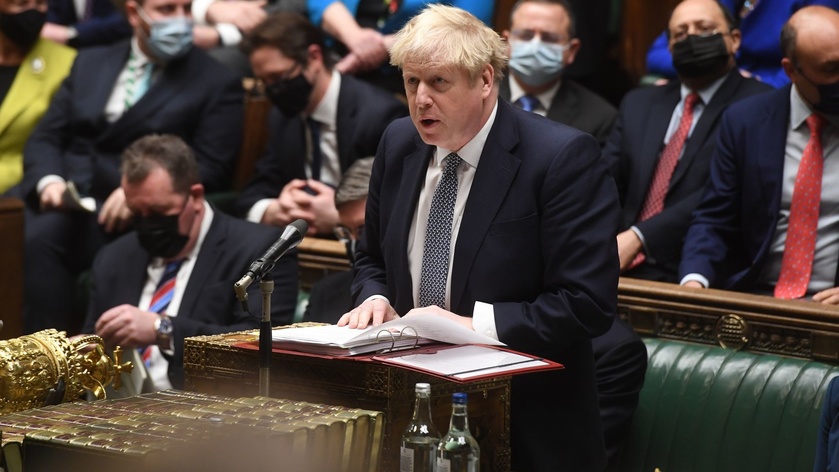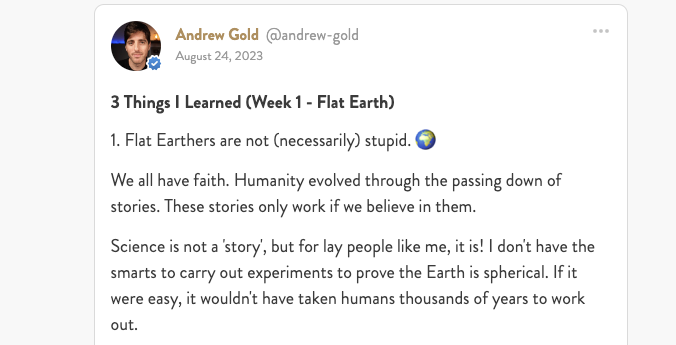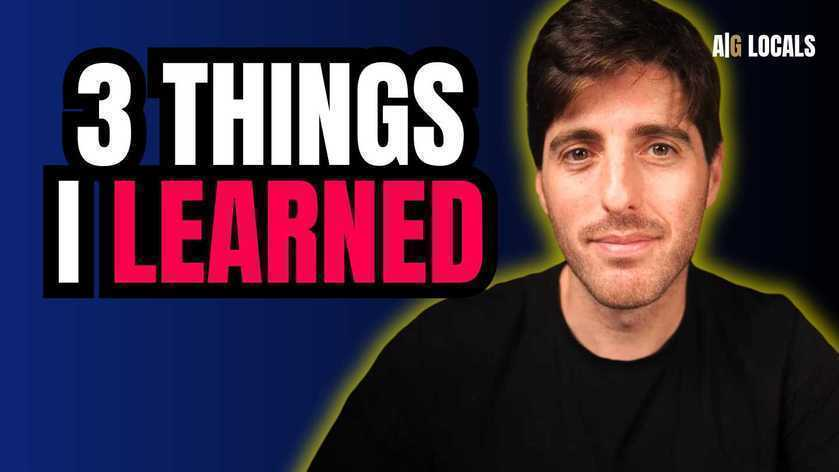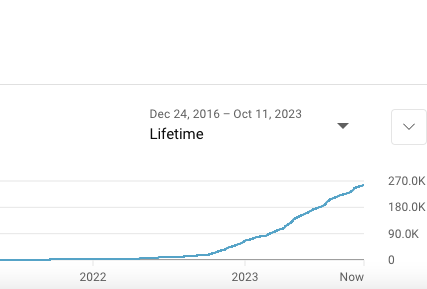1. Trial By Media & the Power of Slogans
In the midst of the Russell Brand controversy that seems to have taken over the world, one term bounded across the virtual corridors of the internet: ‘Trial By Media’.
Also see: ‘media circus’.
Trial by media was a phrase first popularised (in its early incarnation as ‘trial by television’) in response to broadcaster David Frost’s questioning of insurance fraudster Emil Saundra in 1967. But what does it really mean? It was initially used out of fear that media sensationalism might influence a jury in court. It’s why we have contempt of court laws in place to prevent media publications from writing about a crime once an arrest has been made.
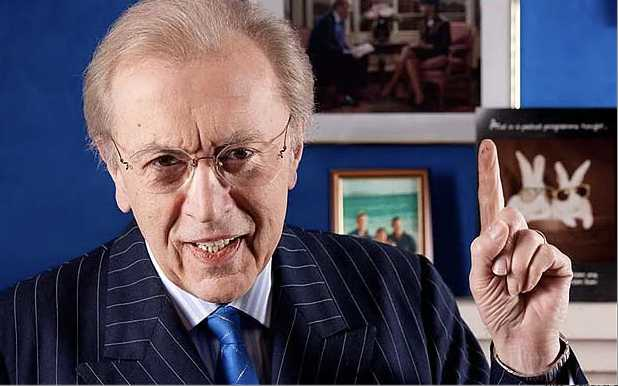
Today, it’s more about the frenzy created by the press. It evokes images of Britney hiding from pyramids of flashing paps, and Michael Jackson hiding his baby in a towel. It reminds us of the baying for Johnny Depp’s blood - before the about-turn when Amber Heard appeared to be an unreliable (to put it mildly) accuser and witness.
And so we keep complaining that the newspapers and magazines are conducting a ‘trial by media’. We’re appalled (even though we’re the ones incentivising them to do it by reading about it and watching it!).
But consider for a moment the alternative.
A rich and elite celebrity is accused by his ex-wife or multiple women of serious crimes. In Brand’s case, not only do we have the accusations of criminal acts from these women, but an entertainment industry brimming with accusations of his wrong-doings, legal or otherwise. To avoid a ‘trial by media’, would it be better for the newspapers to ignore this? What message would that send to the world? And to abusers?
That isn’t to say that a media frenzy before wrong-doings are cleared or confirmed in the court of law is ideal. It’s quite ugly, really. But the alternative is an unfree press. There are plenty of places in the world today where the press is banned from writing about such things.
I’m afraid there’s no clear answer.
You could say, ‘Hmm, the media should be allowed to write about the accusations…but not sensationalise them.’ But who is controlling that? Who decides which articles transgress the line of the sensational? It makes for a slippery slope. We'd have to appoint someone to monitor our press. Yikes. On the other side, you might say: ‘Ok, they shouldn’t report it until an arrest has been made.’
Well, firstly, that’s exactly when the press is not allowed to write about it lest it influence the jury (so they wouldn't be able to write until the person was found guilty). And imagine how open to corruption that system would be? If the press can’t write about the crimes of the elite, then the elite can pay their way out of trouble - nobody would ever know.
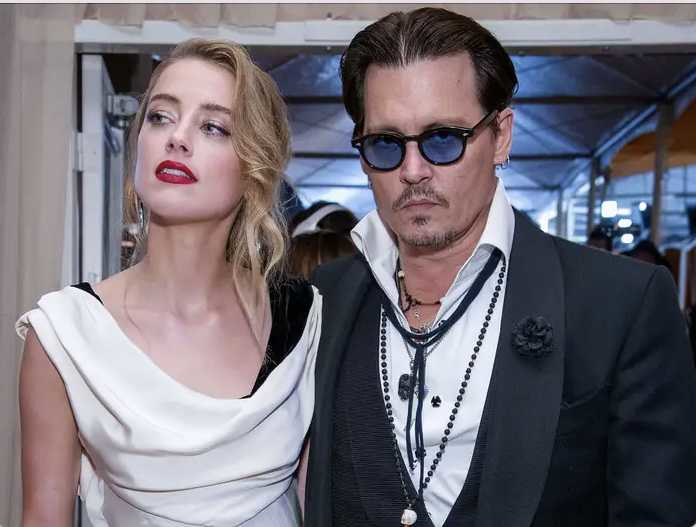
Sometimes, as I’ll expand upon in part 2, we find it hard to deal with uncertainty. Life provides us with relatively few certainties (death and taxes aside). And so we turn to slogans like ‘trial by media’ because it means we don't have to think too hard. It lets others do the thinking for us.
We have a ‘feeling’ that we like a particular celebrity, and we reach for the slogan in their defence. But remember that without ‘trial by media’, we’d never have known about Savile. Huw Edwards would still be in a job, Bill Cosby wouldn’t have been caught and so on. The police don’t have the time, funds or inclination to look into crimes - particularly historic celebrity crimes - whereas journalists absolutely do. That's how they earn their keep.
Another slogan or tuned-in response is: ‘I’ll wait to see if he’s found guilty in a court of law’. But we know that many innocent people go to prison - 10% apparently. And we know that many guilty people get away with their crimes because the evidence simply isn’t there. That’s particularly true of rape cases: how on earth do you prove consent? Also, when did everybody become so law-obsessed? Do you agree with every law and every prosecution? There are many laws I find ridiculous - such as criminalisation of marijuana (I don’t smoke, but I don’t care if someone else does).
Don’t our morals come from somewhere deeper? So that's what I've decided to do - I've weighed up what I know.
In Brand’s case, I know we have a guy who offered up his assistant to Jimmy Savile, got his penis out in front of a minor on radio and called a woman’s grandfather three times on radio to say he fucked her. We know that BBC producers had to ensure only men worked with him, while his agent and assistant - if they were women - had to be either much older or lesbians. People bent over backwards for decades to get around the abusive behaviour of a man who used a power imbalance to manipulate women (including the 16 year old he groomed). We now have 10 women - and plenty of time for more - coming forward to say he raped them. One of them has text messages of Brand apologising afterwards. She also has frozen a rape kit.
It’s enough for me to say - hey, I’m not perfect…but this is bad. Really bad - whether a court convicts him or not. I don’t need a judge to tell me that.
At the same time of course, we have to be wary of judging too much for ‘immoral behaviour’ lest we turn into the Stasi. I understand why sponsors left Brand, but think it's absurd that YouTube did so. I believe it's worrying that the UK government tried to convince other media platforms to cancel him, too. Trial by media really shouldn't influence the thinking of a government to such an extent.
Maybe an ideal human society sits somewhere between judging people for every minor misdemeanour and giving abusers free reign.
2. Blackwell’s Ratio
This also led me to reflect on my own role. I may have started with 4 listens to my podcast in the first month, 3 years ago. But the YouTube page has 250k subscribers, and the audio podcast gets hundreds of thousands of listens per week. Whether I like it or not, I am part of the media (albeit, independent and alternative).
This isn’t what I set out to do. I wanted to have fun, meet likeminded people and dive into really complex and nuanced topics with fascinating guests from around the world. I still can’t believe I get to speak to such interesting people for my job.
Most of the time, it’s the best job in the world. 99% of people are kind and supportive. This week, I got a sort-of death threat. It wasn’t that ‘direct’ or scary for me. But unfortunately, my 16-year-old sister happened to be watching and reading at the time, and it made for an emotional night for her, my dad and my step-mom.
I still find it incredible - though not surprising anymore - how riled up people get about differing opinions. It appears to relate to how much we consider a given story to be related to our identity. If you’re Team Brand, perhaps you mistrust the media. Perhaps you had an experience of being denounced for something you didn’t do. Perhaps you’re simply worried about that happening to you.
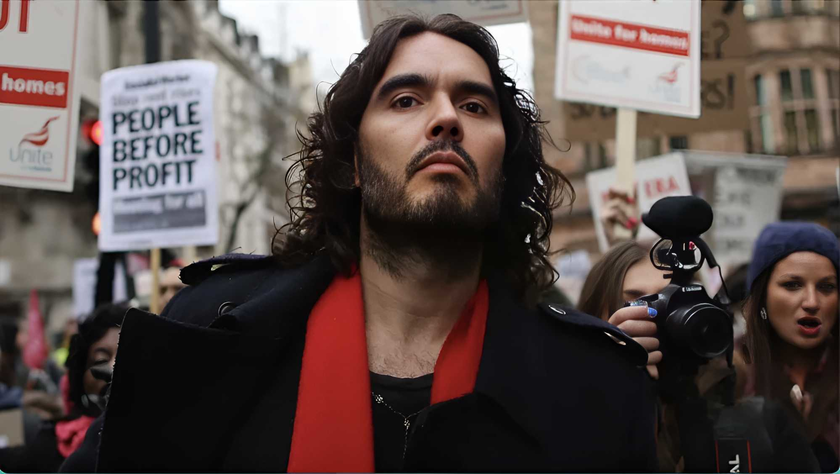
On the other side, there are people who have been abused - many, in fact. Those people often want to hear a definitive condemnation in the press, and not a lot else.
The truth that nobody wants to hear is that we’re in an impossible position. Again, we don’t like complexity and uncertainty; our brains didn’t evolve to cope well with it. We like to believe there are answers to everything.
And, to confirm that bias - getting back to the slogans - we often say things like facts over feelings.
I happen to agree with that slogan, especially when it comes to matters of science and objective reality. But the question of how best to run a society of 8 billion people who all have different preferences and biases…is not a factual or scientific one.
The idea of multiple women coming forward to expose their rapist…and being disbelieved…is mortifying. It takes courage to come out with such stories, only to be victimised all over again by not being taken seriously. This has happened too often over the decades, and is something most of us want to address.
The idea of a man being accused, and sentenced in the mind of the public based merely on accusations is also dreadful. People often debate the number of false accusations, with many saying it is just two or three per cent of rape claims. But that means that for every 100 claims, two or three innocent people have their reputations ruined, lives in tatters, and years in prison.
Blackwell’s Ratio states that it is better that 10 guilty people walk free than 1 innocent person go to prison. By this logic, perhaps we should believe all women - that would leave us with 0.2 or 0.3 innocent prisoners for every 10 guilty rapists. Benjamin Franklin changed it to 100 guilty people to 1 innocent person. In Franklin’s argument, we mustn’t believe women who come forward without sufficient (almost impossible to get) evidence.
All of this is to say: leaving biases and past experiences at the door - and trying our best to empathise with those who think differently from us - what the fuck should we do?
3. Frasier & The Laughter Track
For a palette cleanser and something completely different, I saw the new Frasier trailer. I’ve been re-watching the old ones with my fiancee, and they’re brilliant (if a little silly!).
Two points about the new one:
- I can’t see Frasier working without Niles. Niles made the show, but won't be in the new series.
- They’ve included a laughter track in the new one. This was a bold decision. The trailer has drums and silly music, which seems a lot less refined than the original. I hope I’m wrong - but I think it might really flop.
